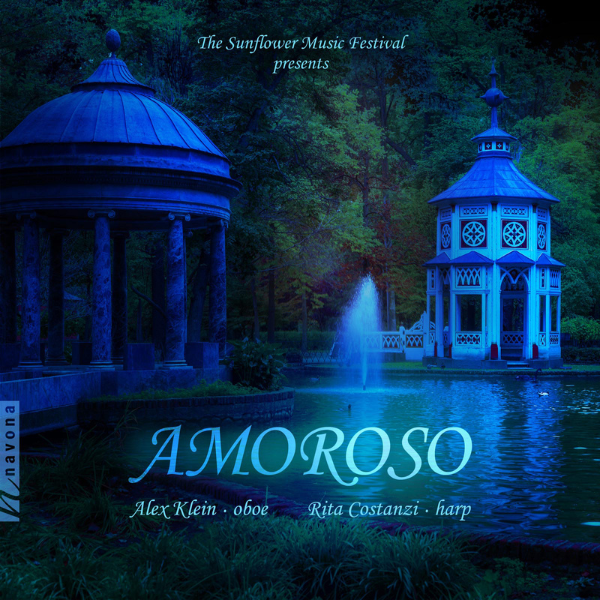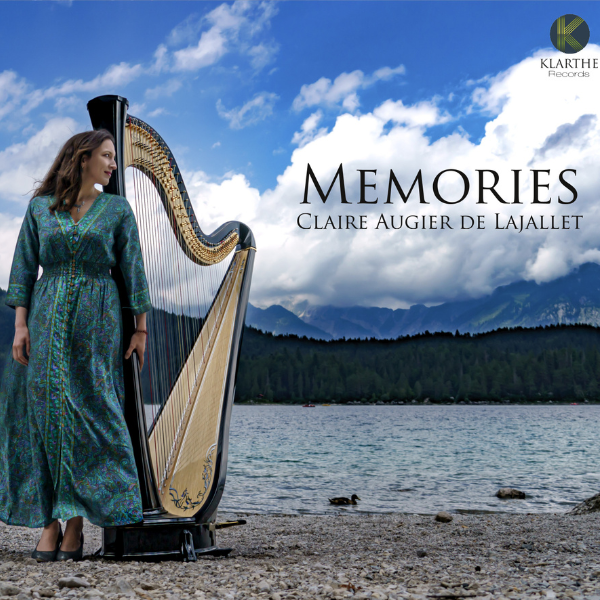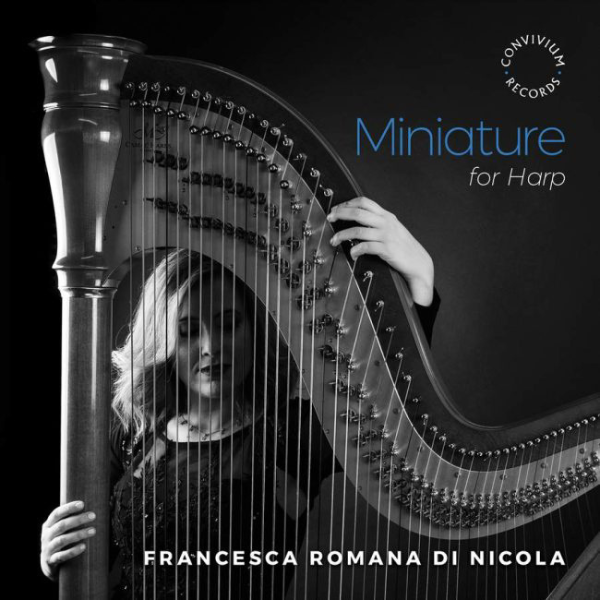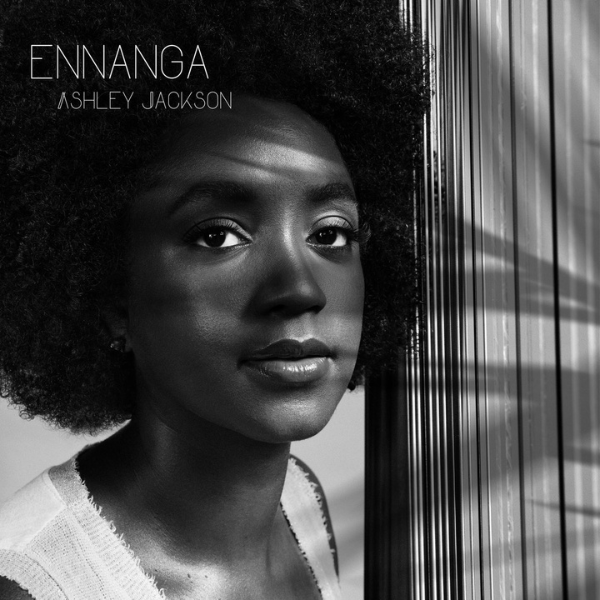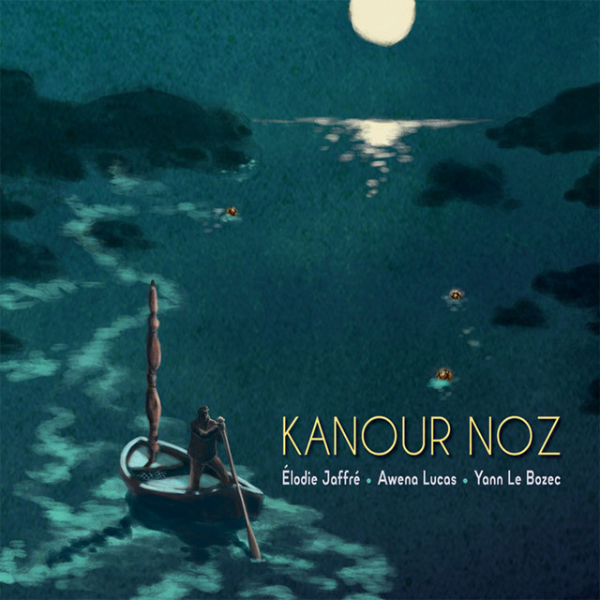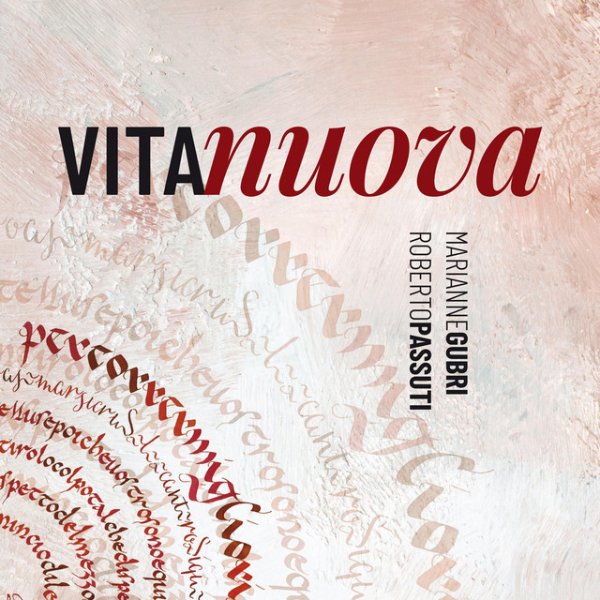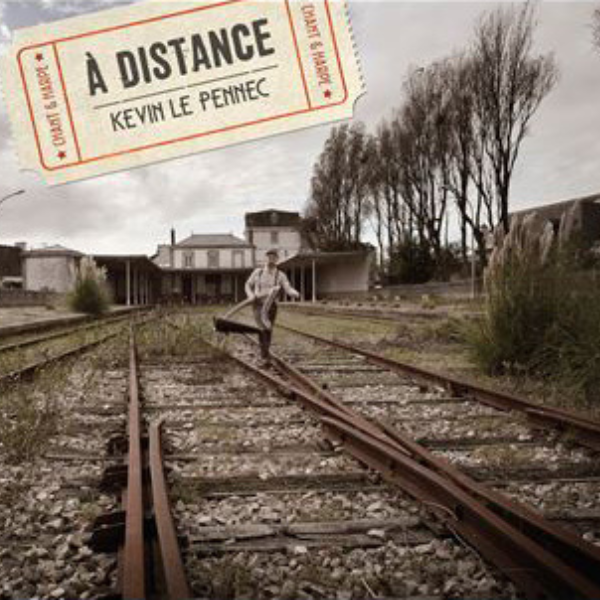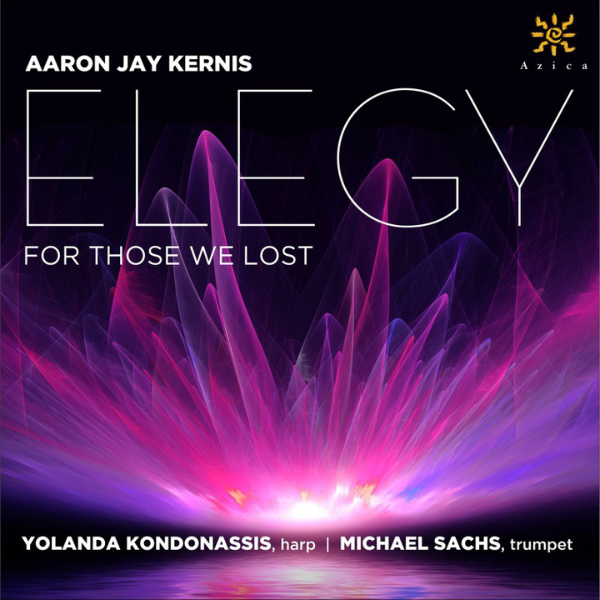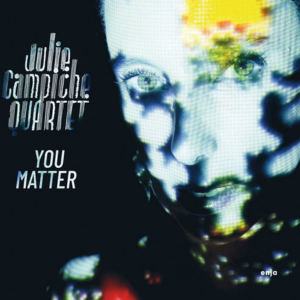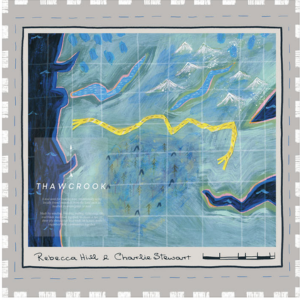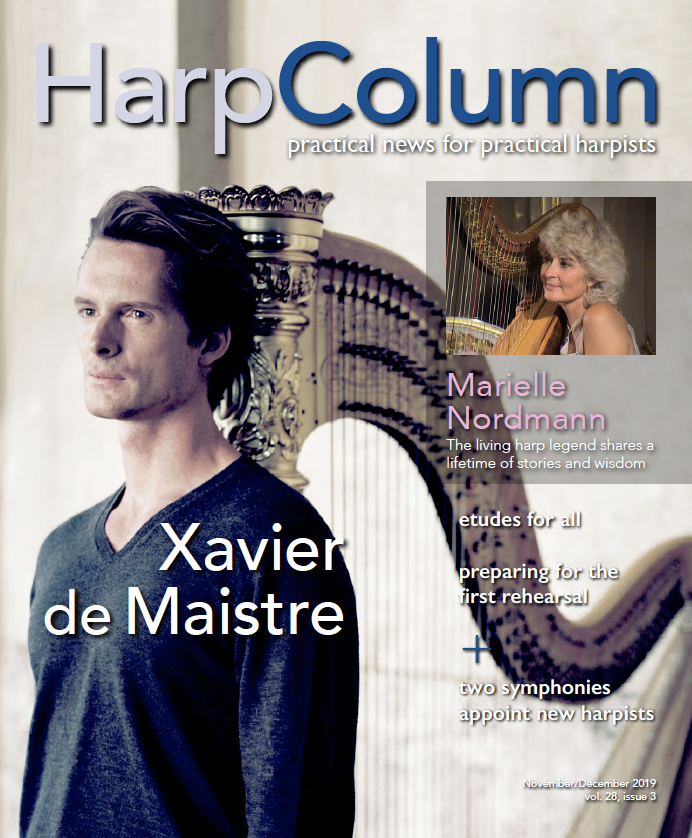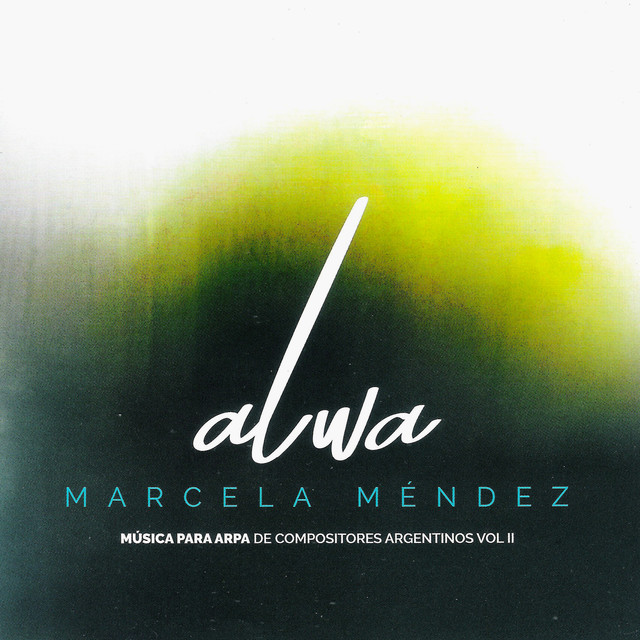
8/10
Marcela Méndez, harp. Fonocal, 2017
Sometimes I receive a CD that is a critically important addition to what’s already available. The 2017 release by Argentine harpist Marcela Mendez is just such a disc. Aside from Piazzolla and Ginastera, the composers represented are names that are almost unheard of in North America, but speak for a rich culture that ought to be a more regular participant in concert programs.
Most effective on the CD is the Sonatina para arpa by Alberto Ginastera. Written in 1938, the piece was premiered but never published. In fact, Ginastera removed it from his catalog. What a shame as it is a stunning work in three contrasting movements beginning with a delightful prelude in the happy key of D. Ms. Mendez plays with all the charm and alacrity required for a piece with music box forward motion of Bach plus little touches of a 20th century surprise. Her playing on the Aria is as soft as a caress and the final Toccata, a frenzy of perpetual motion.
The title track Alwa by Esteban Benzecry is based on pre-Colombian cultures of Northwest Argentina and is a form of incantation to the dawn. Haunting and dignified, Ms. Mendez plays with a magical quality as though she possessed the ability herself to command the sun to rise, finally allowing it to explode into brilliance.
Equally bewitching are the four Danzas exoticas by Juan Francisco Giacobbe. Simple, repetitive and yet hypnotizing, the music is based on pentatonic scales and invites the listener on an internal journey of fantasy and the sacred. Ms. Mendez has a beautiful voice and reads the poetry before each track. While this is lovely on first hearing, I found it distracting when I wanted to listen just for pleasure, as my Spanish is rudimentary.
Curiously, she does not read the text for a song by Carlos Gaustavino, called the “Schubert of the Pampas” because of his skillful songwriting. La rosa y el sauce (The Rose and the Willow) offers an opportunity for Ms. Mendez to play at her most fragile and exposed which she does to stunning effect. This is contrasted with two short children’s pieces following by Luis Gianneo, a composer who, like Ginastera, explored the meeting point of classical and folk. Ms. Mendez has just the right character, though I wished she had played more on the backside of the beat. Her Piazzolla, however, is steamy and unhurried.
The milonga is a form of Argentine blues, and no one sung it with more soul than the late folksinger, Atahualpa Yupanqui. His voice from a concert in 1984 sets up his namesake milonga by Monte Callado as if he were right in the room. This segues into a wistful song by Ginastera, Cancion al arbol del olvido (Song of the Forgetting Tree) a masterful work with that unique brand of cynicism only understood by native Argentines. Ms. Mendez plays close to the soundboard accentuating the song’s dark loveliness.
If you are looking for the out of the ordinary, this CD is a must in your library.





